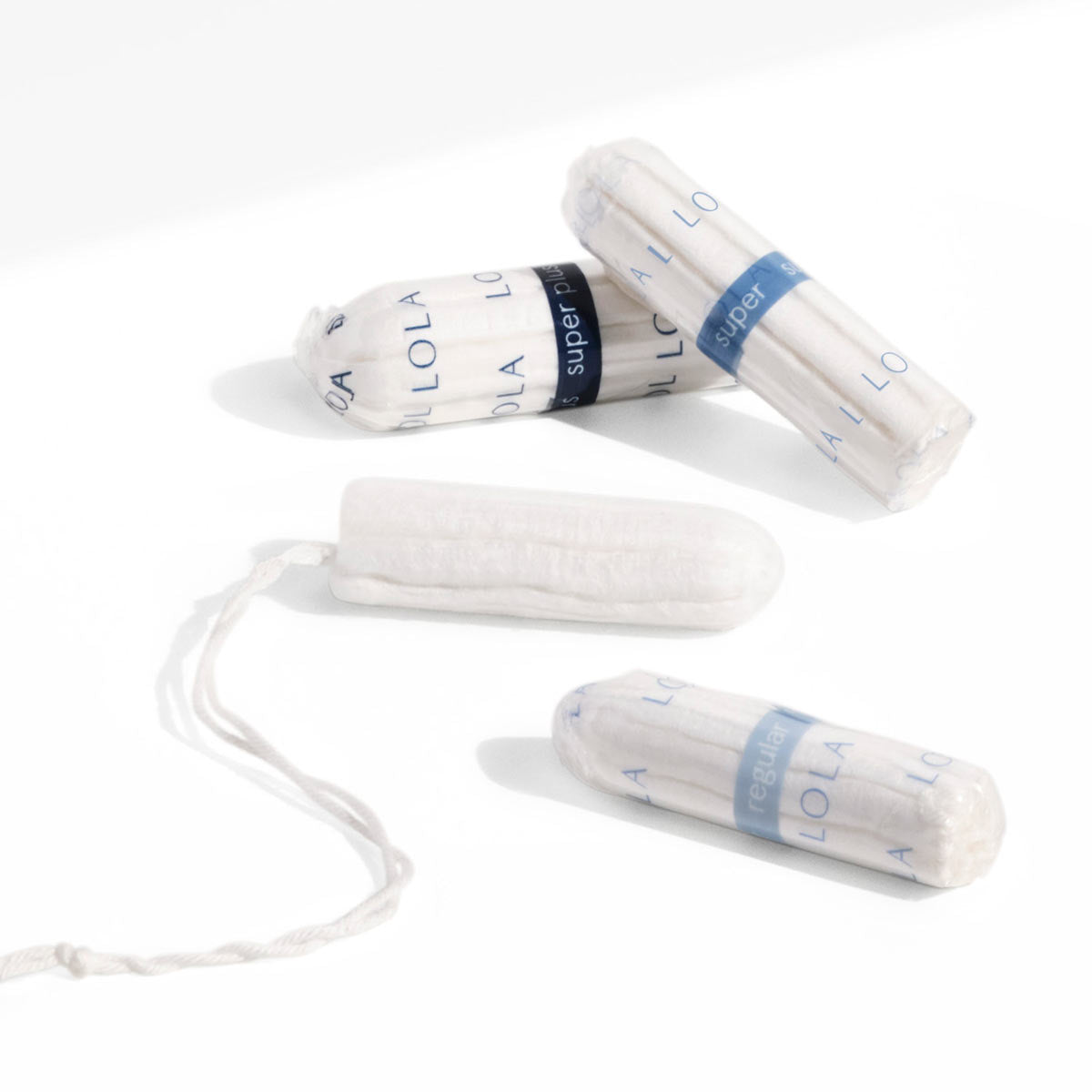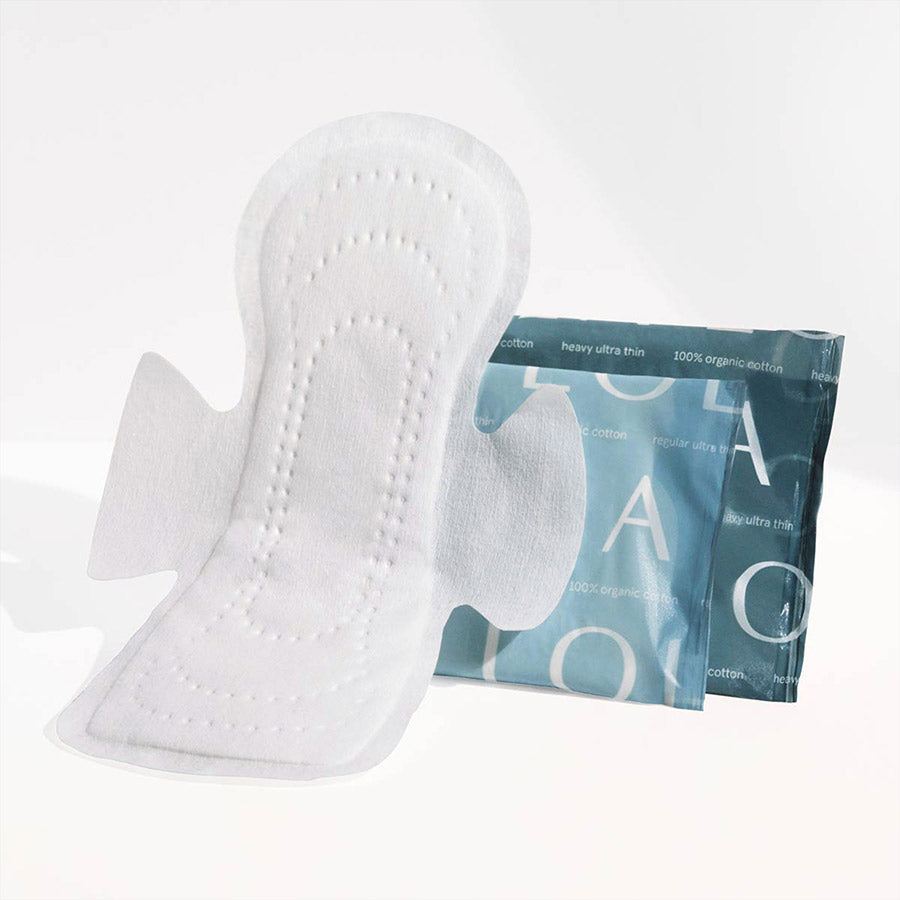Getting your period like clockwork every month is enough " we shouldn't also have to worry about the in-between spotting that happens completely at random. We've all experienced blood spotting before our period, when we find a mark of blood on light-colored panties or on a swipe of toilet paper. It's not heavy enough to make you reach for a tampon, however, it is enough to make you wonder what's going on. While brown spotting before your period is totally normal, we're sharing the potential causes, just in case.
What does spotting mean?
Your period is very complicated " however, simply put, it's nature's way of telling you you're not pregnant. When your egg is not fertilized, your body naturally sheds the uterine lining that holds the egg. When the uterine lining starts to break down, it can bleed a little before your actual period starts, which means brown discharge before your period is totally normal, especially a few days before your uterine lining completely sloughs off. As it turns out, some women actually notice spotting 2 to 3 days before their period on a monthly basis. This also explains why spotting is lighter in color and not as heavy as your period.
However, shedding of your uterine lining is only one cause for spotting. If you're on the pill, skipping a single dose can throw your hormones off completely. When you forget to take a day's worth, and especially if you miss a couple in a row " even taking them at different times every day " can lead to light spotting. However, it can usually be resolved quickly by just taking the pill. Sometimes, even changing your type of hormonal birth control can alter your progesterone levels enough to cause spotting. All it takes is allowing your system to get used to the hormone levels of your new contraception. Additionally, if you currently have an IUD (either hormonal or non-hormonal), spotting before your period is totally normal.
Other causes of blood spotting
If you tend to spot after intercourse, you could be suffering from vaginal irritation. This can be anything from a yeast infection to a sexually-transmitted virus like chlamydia. An infection can cause inflammation of cervical tissue, which can result in painful urination, discharge, painful intercourse, and bleeding or spotting after sex.
Though most causes of spotting are normal or easily treated, keeping a diary of irregular spotting is the perfect place to begin investigating more serious health problems. If you've never experienced spotting before and it suddenly happens, or if it starts more than four days before your period, it's worth consulting your gynecologist. Some underlying issues that can throw your cycle off can include thyroid disorders, cervical polyps (though almost always benign, these growths on the cervix should always be examined by your OBGYN), and even diabetes or obesity. Perhaps in the rarest of cases, spotting before your period can be a symptom of cervical cancer. Again, this spotting is so rare, but if it does cause bleeding, it typically happens after sex, not before your period.
In any case, consulting a doctor will not only help detect more serious health problems, it can offer peace of mind if nothing is actually going on. Being a woman comes with some complicated menstrual cycles, but the good news is there's always a solution.
































